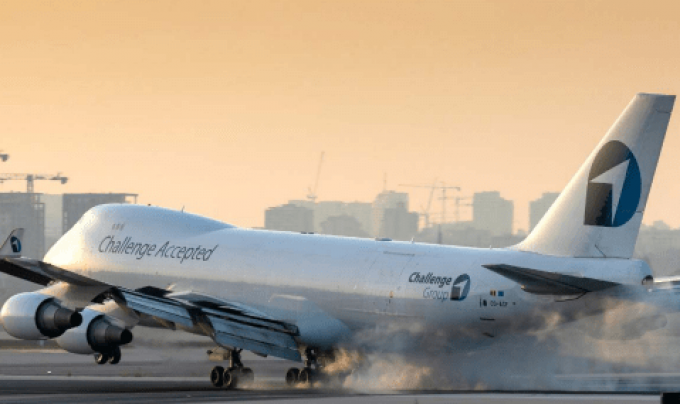Maersk denies regular clients are being pushed out by ecommerce
Maersk’s new 777 freighter offers much-needed capacity into a hectic air cargo market, but some ...

Just over a year ago, The Loadstar took the liberty of comparing Challenge Group with Volga-Dnepr Group, as its natural heir to the all-freighter services throne.
To some extent, that remains true. But in others, it is not.
If you asked the market about Volga-Dnepr, you tended ...

Comment on this article